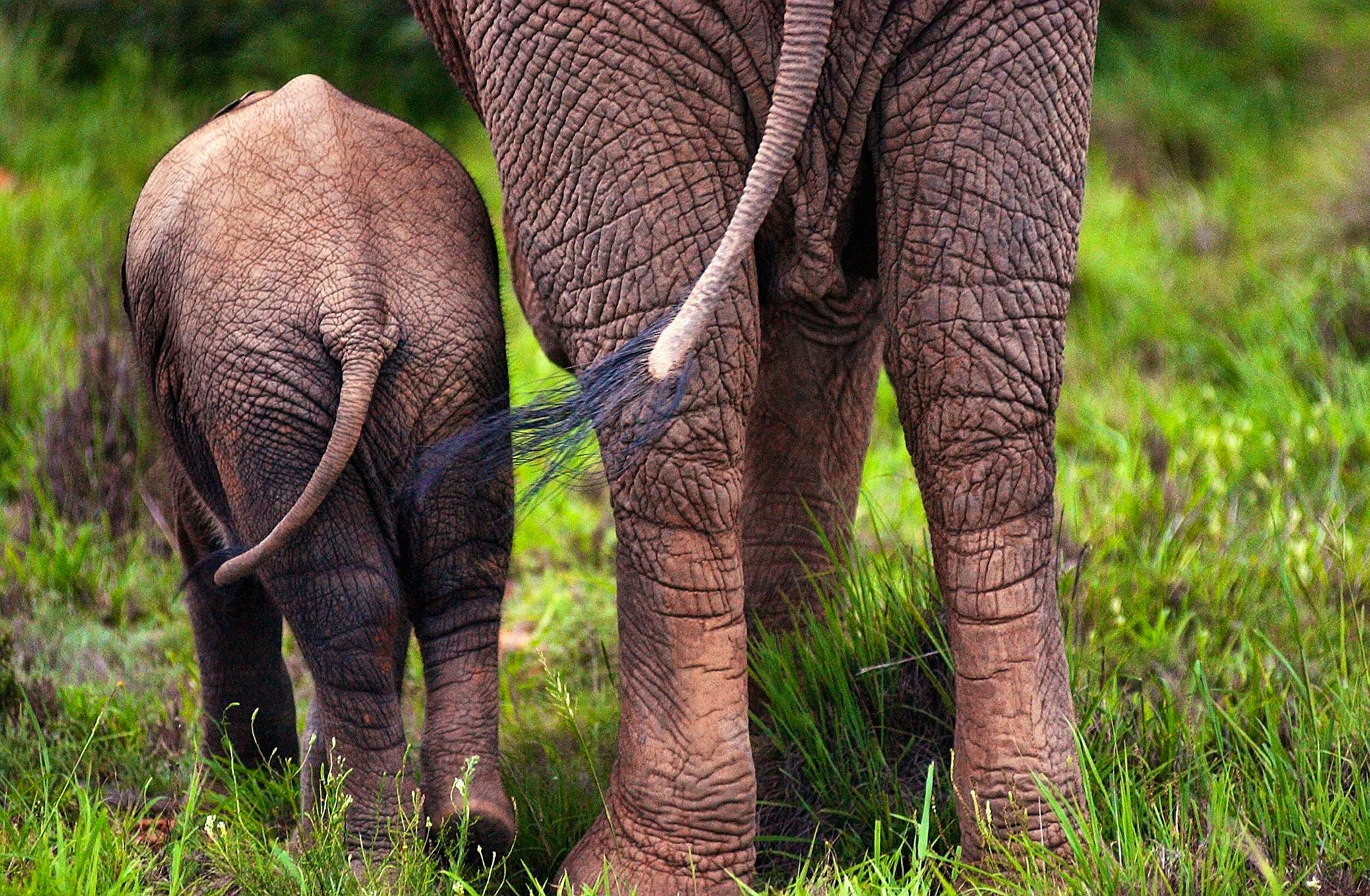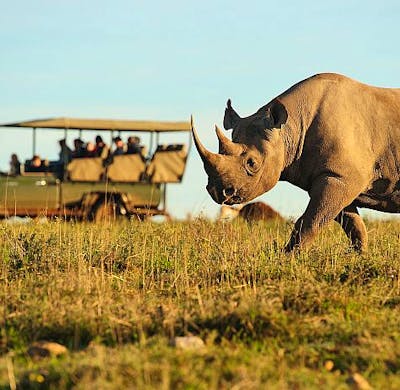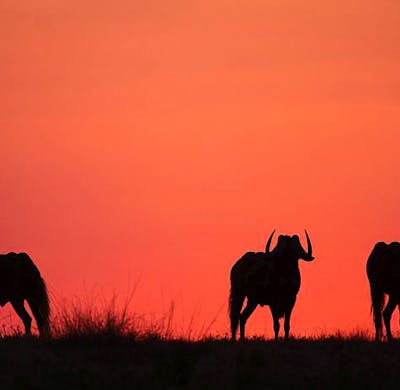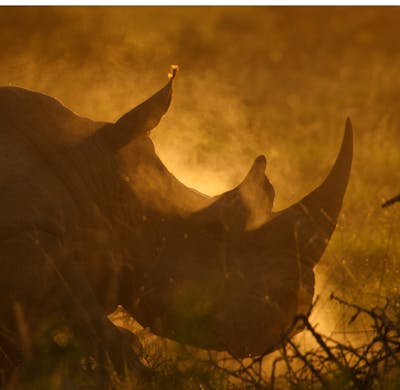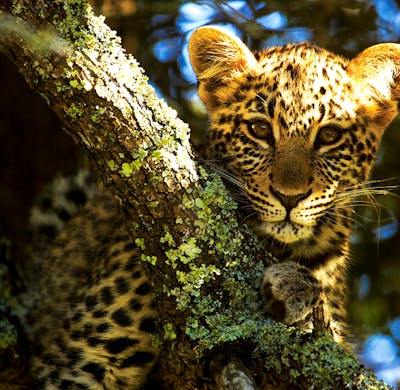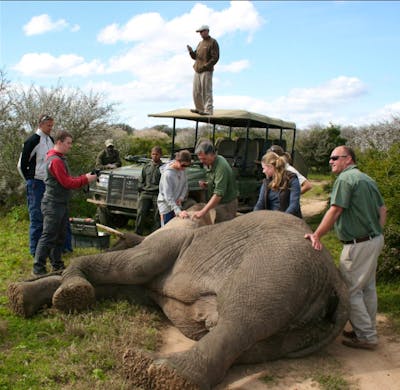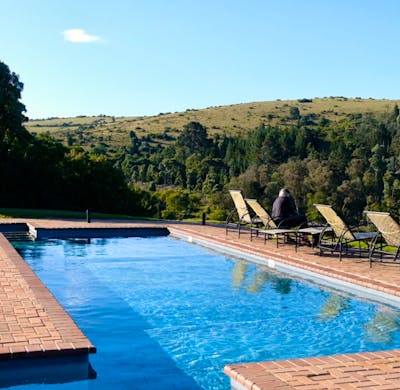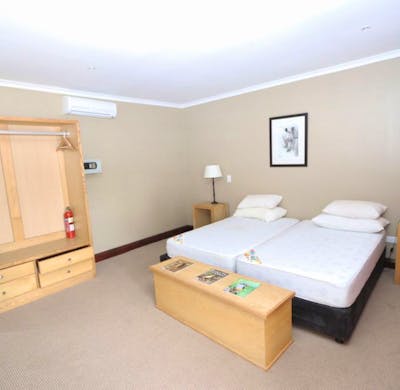a partire da 1.580€
Wildlife Reserve Big Five Conservation
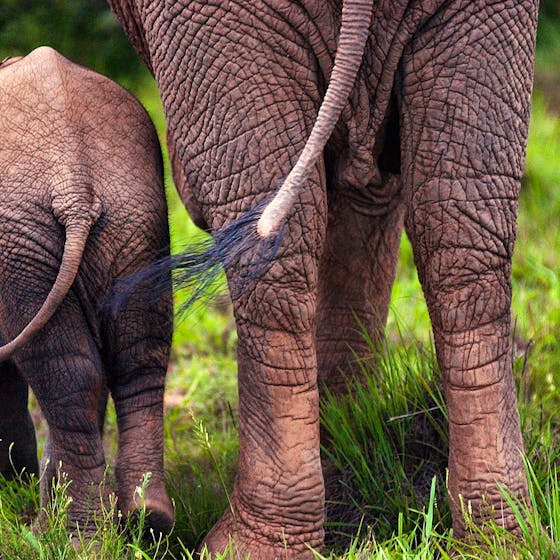
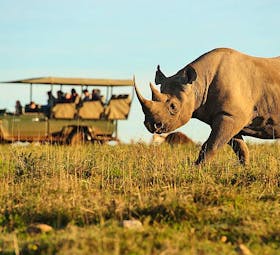
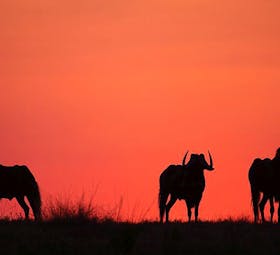
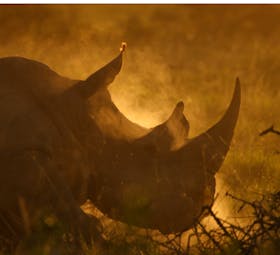
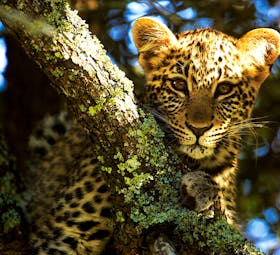
Punti Salienti
- Take part in animal welfare activities in the South African Game Reserve
- Help to improve the standard of life for some of South Africa's most in-need animals through the maintenance of their environment
- Support the project team as they aim to rehabilitate and release as many animals as possible back into the wild
- Monitor and learn more about about South Africa’s incredible wildlife species
Particolarmente adatto per
Sul programma
Volunteer with the 'Big Five' and the Born Free Big Cat Foundation in one of South Africa's finest game reserves.
This incredible volunteer experience in South Africa for offers the chance to get involved with the conservation efforts of the world-renowned Shamwari Game Reserve. Volunteers on this project play a vital role in the numerous fascinating aspects of managing an award-winning game reserve which has ...
Giornata tipica
First Day
Upon arrival into Port Elizabeth airport you will be transferred to the project site. Once you have arrived, you will have a welcome orientation and briefing. You will then have the rest of the day to settle in and meet the rest of the volunteers.
Regular Days
On your typical working days you ...
Attività del tempo libero
You are free to explore the surrounding area, relax by the pool, read a book etc. There are lots of amazing day trips to consider arranging with your fellow volunteers such as visiting the Addo Elephant National Park, Birds of Paradise Aviary, sky diving and bungee jumping!
Requisiti
Servizi inclusi
Cosa NON è incluso?
Dettagli all'arrivo
Volunteers can join this project on every Monday throughout the year (subject to availability; please contact us to check for your preferred start date).
Tariffe del programma
Incontra il tuo ospite

The Great Projects
Agenzia - fondata nel 2003
Verificato da Volunteer World
Ospitato da
Lauren
Sul progetto
190 recensioni ·  4.6
4.6
Posizione

Potreste essere interessati anche a
-
Elefante Africano
Licaoni Africani
Salvaguardia degli Elefanti
Salvaguardia della Giraffa
Salvaguardia del Leopardo
Salvaguardia del Leone
Salvaguardia del Rinoceronte
Adulti
i grandi 5
gli Animali in Sudafrica
Progetti all estero
Gatti grandi
Coppia
Volontariato in Inglese
gli Animali Selvatici in Africa
Gruppo
Umanitarie
dei 18 anni
piu dei 50 anni
